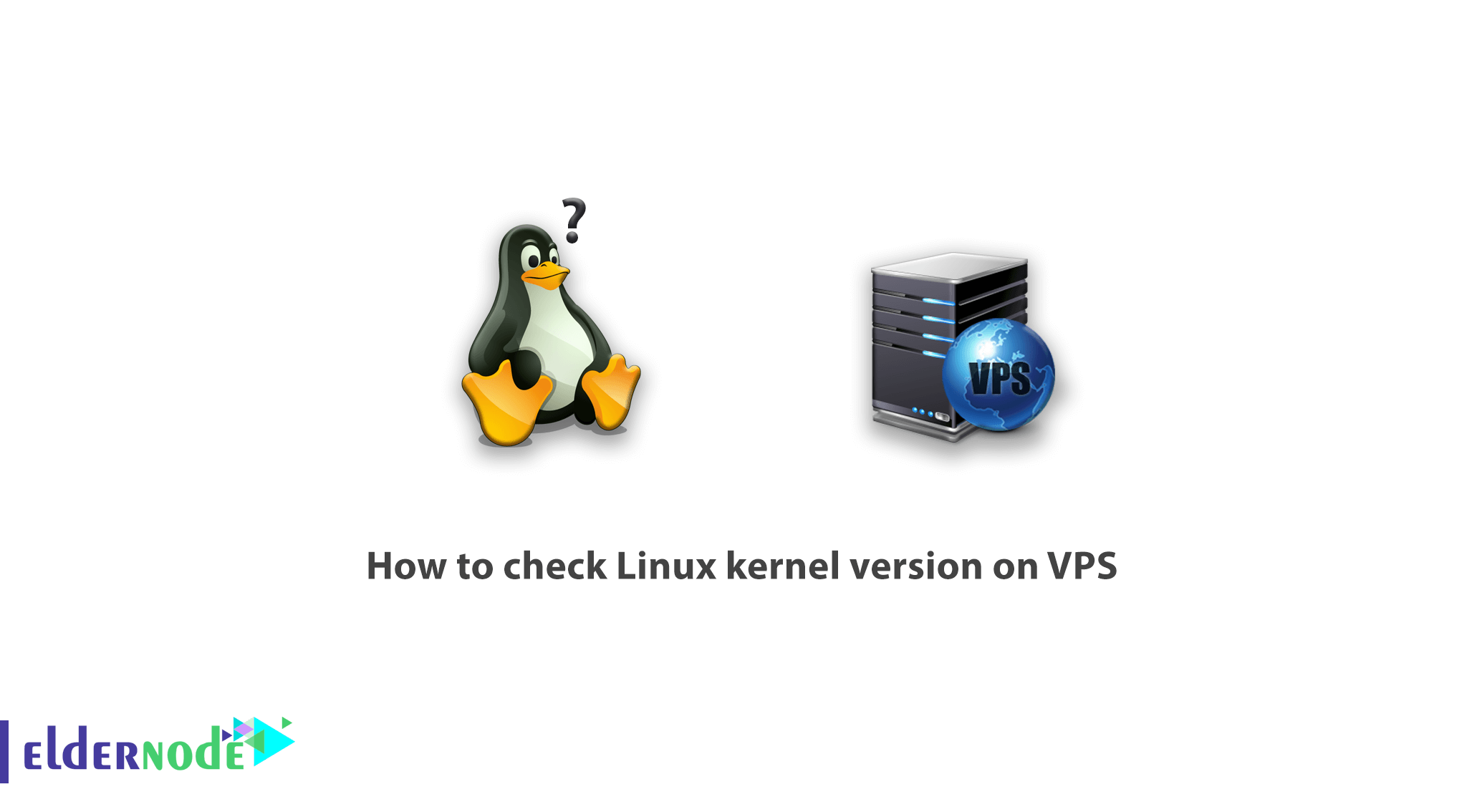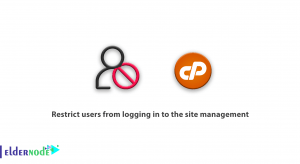
Learn how to check Linux kernel version on VPS. One of the things you need to be aware of when working with Linux is finding out about system information. It must have occurred to you that to install some software on a Linux server, you need to know what version your Linux server is? Or what version of the kernel is it now, or is the installed version of your server 32-bit or 64-bit? There are several ways to check the kernel version, which we will mention below. In this article, we try to teach you how to check the kernel version in CentOS, Debian and Ubuntu distributions in different ways. You can check out the packages available on Eldernode to purchase CentOS VPS and Ubuntu VPS servers.
Table of Contents
Tutorial check Linux kernel version on VPS
What is a kernel?
The kernel is the core of the operating system that allocates system resources such as CPU, memory, etc. to other applications. The kernel provides abstract concepts for developers who want to develop applications for their platform. These abstract concepts include the simplification of complex tasks.
The kernel is not just the software part of an operating system that contains abstract concepts, but it is actually one of the most important parts of it. Hardware drivers communicate with other departments through the kernel. So the kernel does not need to learn how to talk about the individual pieces of hardware that make it. This is what makes a kernel run alone on so many different brands and models of hardware. In this article, we will teach you how to review the Linux kernel version in CentOS, Debian, and Ubuntu.
There are several ways to check the kernel version, and here are two of them:
Using the uname command, you can identify the kernel version of your machine:
root@michael:~# uname -rThe output of the above command will be as follows:
3.13.0-141-genericThe details of the above output are as follows:
3: The Main Kernel Version
13: The Major Revision
0: The Minor Revision
141-generic: The Minor Fix / Revision Detail
The second method is to read the contents of the /proc/version/ file:
root@michael : ~# cat /proc/version | awk '{print $3}'The output of the above command will be as follows:
3.13.0-141-genericHow to check the CentOS kernel version on Virtual Server
You can check the various parameters of the system, including the kernel version, using the following command:
# uname -rvOutput:
3.10.0-693.11.6.el7.x86_64 #1 SMP Thu Jan 4 01:06:37 UTC 2018Also, if you are using CentOS 7 operating system, you can view the current kernel version using the following command. In addition, if you are using a VPS, you will see the Stab command output:
# uname -rOutput:
2.6.32-042stab125.5If you are one of the users who use CentOS 7 on a dedicated server or KVM server, you will see the word el7 in the output of the following command against the kernel version. el7 refers to Red Hat Enterprise.
# uname -rOutput:
3.10.0-693.11.6.el7.x86_64Another way to check the kernel version on CentOS is to use the yum command:
yum info kernel -qThis command contains more details of the system. So it may take a while to implement.
Tutorial check the Debian kernel version on VPS
You can use the following command to check the kernel version of Debian distribution on VPS:
$ uname -srmThe output of the above command will be as follows:
Linux 4.15.0-54-generic x86_64Details of the above output are as follows:
4: Kernel Version.
15: Major Revision.
0: Minor Revision.
54: Patch number.
generic: Distribution specific information.
Another way to view and review the Debian distribution kernel version is to use the following command:
$ dpkg -l | grep linux-imageThe above command uses Aptitude as the front-end to perform operations:
How to check the Ubuntu kernel
You can use the following command to check system information in the Ubuntu distribution. This command shows you the system specifications for static hostname, icon name, Chassis, machine ID, boot ID, operating system, kernel, and architecture.
$ hostnamectlOutput:
Static hostname: linuxize.localdomain
Icon name: computer-laptop
Chassis: laptop
Machine ID: af8ce1d394b844fea8c19ea5c6a6bd08
Boot ID: 15bc3ae7bde842f29c8d925044f122b9
Operating System: Ubuntu 20.04.2 LTS
Kernel: Linux 4.15.0-54-generic
Architecture: x86-64
If you want to see only the kernel version, you can use the following command:
$ hostnamectl | grep -i kernelOutput:
Kernel: Linux 4.15.0-54-genericAnother way to view and review the Ubuntu distribution kernel version is to use the following command:
$ cat /proc/versionOutput:
Linux version 4.15.0-54-generic (buildd@lgw01-amd64-014) (gcc version 7.4.0 (Ubuntu 7.4.0-1ubuntu1~18.04.1)) #58-Ubuntu SMP Mon Jun 24 10:55:24 UTC 2019Conclusion
One of the things you should be aware of when working with the Linux operating system is finding out about system information. One of the pieces of information you need to know is the kernel version. In this article, we tried to teach you how to check the kernel version in different Linux distributions on VPS.




